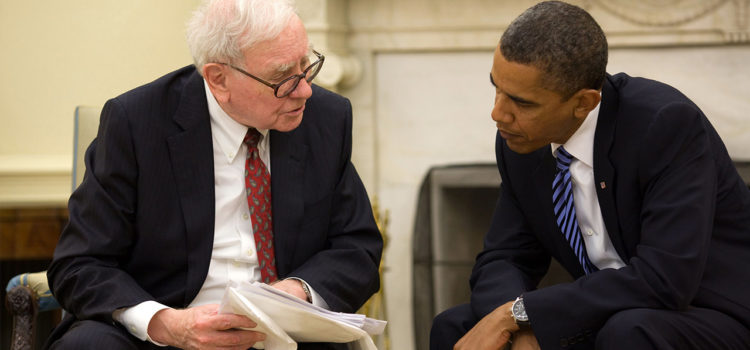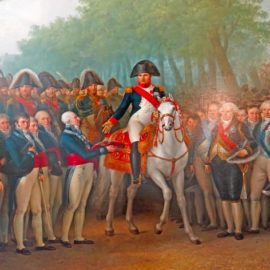
The world’s most successful people do one thing in common: they read. They consider books their most profitable investment.
From $2 to $500 billion
In a small grocery store in Omaha, Nebraska, two teenage boys worked to make a daily wage. Both were natural entrepreneurs. The older boy bred and sold hamsters on the side. The younger boy, grandson of the grocery store owner, ran paper routes and sold coke bottles for extra income.
Working in the store, each boy made $2 per day. A few decades down the line, they’d be managing a company worth over $500 billion and bringing in over $20 billion in profits per year.
Who were these boys? The famous Charlie Munger and Warren Buffett, leaders of the conglomerate Berkshire Hathaway.
How did these two Omaha kids become the most successful investors in history?
Warren Buffett reads for 80% of his day
In 2007, in a speech given to ambitious law students, Charlie Munger revealed their secrets to wisdom:
“I constantly see people rise in life who are not the smartest, sometimes not even the most diligent, but they are learning machines. They go to bed every night a little wiser than they were when they got up and boy does that help, particularly when you have a long run ahead of you.
The key to learning: both Munger and Warren Buffett read obsessively. They have a natural curiosity and a fear of missing critical information that will change their entire business.
Famously, when just starting out in investing, Buffett would read 600-1000 pages every single day. Today, he still spends 80% of his day reading.
“Read 500 pages…every day. That’s how knowledge works. It builds up, like compound interest. All of you can do it, but I guarantee not many of you will do it.”
Their lessons for everyone: no matter where you are or what you do, keep learning everyday, and you will succeed.
Billionaires read like crazy
Buffett isn’t the only one who got successful by reading. Many of the world’s highest achievers attribute their success to reading.
Tech founder Elon Musk started his aerospace company SpaceX without any background or experience in rockets. So how did Musk learn to be a rocket scientist? He read every book on rocketry he could find. Said a SpaceX founding team member, “He borrowed all of my college texts on rocket propulsion” and “practically memorized” them. Now SpaceX is worth over $30 billion.
Bill Gates, the world’s richest man, is a lifelong reader and reads 50 books per year. Here’s what he gets from all this reading: “Every book teaches me something new or helps me see things differently. Reading is still the main way that I both learn new things and test my understanding.”
Entrepreneur and investor Mark Cuban built a billion-dollar business, owned owner of the Dallas Mavericks. How did he get started? “I read every book and magazine I could.” His advantage was that he actually put in the work: “Anyone could buy the same books and magazines. The same information was available to anyone who wanted it. Turns out most people didn’t want it. Most people won’t put in the time to get a knowledge advantage.”
So, what can you accomplish by reading more?
Want to go to bed a little wiser than when you got up today?
Despite the benefits of reading, most people feel reading is a chore. Why read when you can watch your favorite TV show? Or spend time chatting with friends or browsing the Internet?
What if you could get all the benefits of reading without it feeling like a chore?
You can! Shortform is a learning app that distills the world’s best nonfiction books into its key ideas. Each book takes 10% of the time to read, but gives you 90% of the information.
This means you can learn rocket science at breakfast, financial investing at lunch, and the 7 Habits of Highly Effective People after dinner. You can also learn on the go with Shortform audio narrations. This way, you’ll be like Charlie Munger and Warren Buffett – a learning machine.








The question is if these billionaires endorse this particular method of nonfiction writing. I imagine they’re clever and successful enough that they would have already created this if they thought it would give them an advantage.
My dear Allen Cheng,
God bless you and your family
I am truly impressed with your mission to educate maximum number of persons of this planet.
Please give me an opportunity to join in your mission and oblige me.
My love, support and blessings will always be with you and your family.
With lots of love and blessings,
Yours Sincerely,
Dr S K Singh
Student, learner and teacher of Medical Physiology for last 34 years